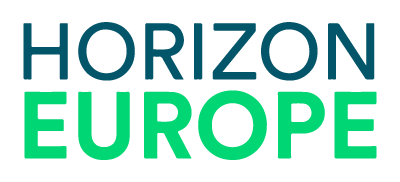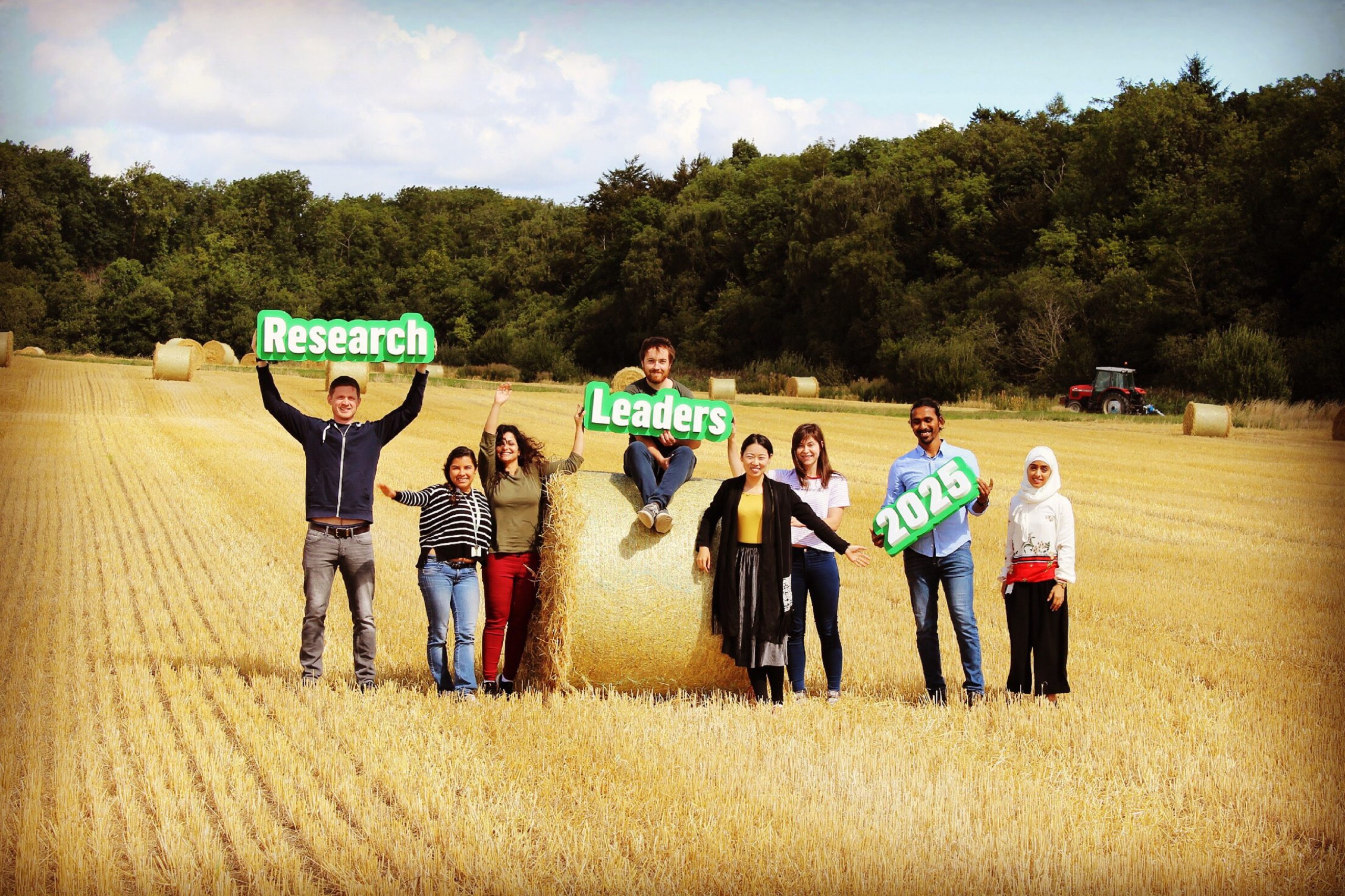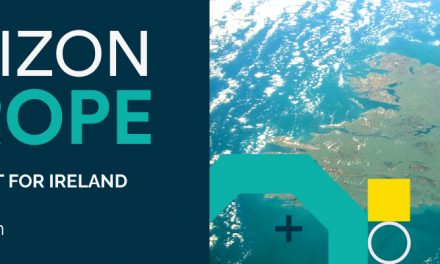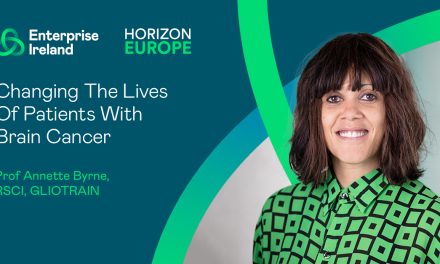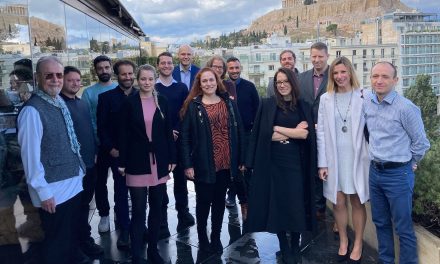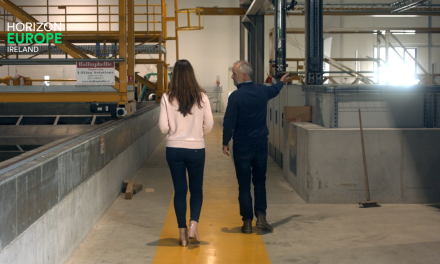Seaweed as a source of gut health, improving the welfare of pigs and the role of food in healthy ageing are among the 20 research projects now underway as part of the European Union-funded programme, Research Leaders 2025 (RL2025).
This innovative research fellowship programme is co-funded by Teagasc, the Irish Agriculture and Food Development Authority, and the European Union with a clear aim: to train the next generation of leaders in agri-food research.
It received €2.1 million from the European Commission’s Horizon 2020 programme, as part of the Marie Skłodowska-Curie Actions (MSCA) Cofund programme, to support the creation of this postdoctoral fellowship scheme, with a further €3.1 million coming from Teagasc.
But alongside its core research aim, the project has several unique aspects.
Career progression and gender balance
The funding allows 20 researchers to spend 18 months in a research organisation outside Ireland, followed by a further 18 months of research in Teagasc, says programme manager Ridhdhi Rathore.
The fellowships are researcher-led, so applicants are free to choose their research topic, the outgoing host organisation and their supervisor in Teagasc for the return phase.
There is also a strong focus on career development, with dedicated career mentors for each researcher, a management training course, regular online meetings with presentations from leaders in academia, industry and civil society and personalised training plans.
Finally, the project aims to address the ‘leaky pipeline’ that sees a lack of female representation at higher levels of research. It took active measures to do this including:
- Ensuring review cohorts were gender balanced.
- Ensuring applicants who had taken a career break were not disadvantaged.
- Facilitating female researchers in finding female career mentors.
- Providing extensions to fellowships for maternity leave.
Successful track record
Teagasc has a successful track record in winning Horizon funding, ranking seventh in Ireland among top organisations in terms of securing funding under Horizon 2020.
So, what are the ingredients for its success?
According to project coordinator Ray Kelly, RL2025 was designed to meet the Commission’s priorities. Kelly, who also evaluates candidates for Horizon funding, says that too often applicants try to shoehorn work they are already doing into their funding application.
“You see immediately proposals where somebody wants to do something, and they try to manoeuvre it into a call as opposed to somebody who looks at the call and designs a project around that call.”
“We designed what we were doing exactly around the call. The Commission was interested in career progression for researchers, it had a strong focus on gender equality. Those were two big issues and we really focused on them.”
Provide context
But RL2025 also provided a wider context for what it was doing, so the evaluators could understand the impact the project would have.
“We addressed exactly what they wanted in the call and we were able to relate that back to the Irish context as well to show that it was really relevant and important,” he says, citing a Higher Education Authority (HEA) report released around the time of the funding application.
The report contained what Kelly describes as “some very stark figures” showing that while junior lecturers showed a 50/50 gender balance, just a fifth of professorships were held by women.
Finding new collaborators
In addition to the project’s broader aims, it has significant benefits for Teagasc, a key player in Food Wise 2025, the national strategy for the Irish agri-food sector that was in place at the time of the submission (and which inspired the name of the programme).
Kelly says securing MSCA funding allowed RL2025 “to recruit people we wouldn’t have brought in otherwise. Some of those are really excellent people who have produced a lot in their fellowship and are going on to excellent future careers and will be excellent collaborators for us in the future.”
He also points to the relationships that Teagasc has developed through the project. Of the 19 organisations involved, 15 are new partners for the agency. They include the Australian government agency responsible for scientific research, CSIRO, and the University of Veterinary Medicine Vienna in Austria.
“Huge support” from NCP
Support from the MSCA National Contact Point (NCP) was instrumental in the programme’s success in getting funding, Kelly and Rathore say.
“From an initial planning meeting when we first considered applying, through intensive support in the days before submission, we are certain that we would not have secured the funding without the assistance of our NCPs,” Rathore says.
Kelly adds: “In the week coming up to the submission, I was sending back and forth drafts and they were correcting them and making suggestions. There was a really quick response time from the NCP, a huge level of support and they had really good experience as well. They knew what was successful and what wasn’t.”
Following receipt of the funding, the NCP hosted a group of project managers on MSCA co-funded programmes, “which allowed us to share experiences and get advice from each other,” Rathore says.
If you would like advice about accessing Horizon Europe support or further details, please contact horizonsupport@enterprise-ireland.com or visit www.horizoneurope.ie
